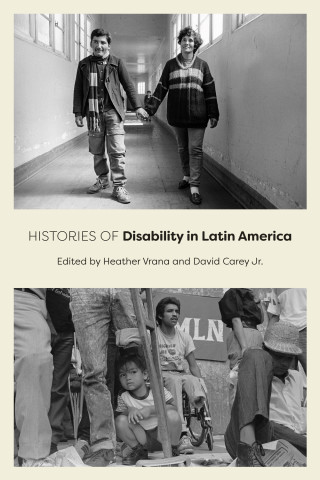
Reviews
...clearly written and timely book...
This brilliant work offers an imperative opportunity to reflect on the relationship between scientific knowledge and democratic life. Through a political history of twentieth-century evolutionary biology, Myrna Perez teaches how inextricable the history of facts is from the history of religious and political belief. Essential reading.
In this stunning history, Perez persuasively argues that we cannot understand contemporary 'culture wars' in the U.S. without a history of science. Using Stephen Jay Gould as a fulcrum, Perez weaves a fascinating tale about truth, politics, and the future of democratic science. A must-read!
In this timely, captivating, and deeply self-reflective work Perez recovers Stephen J. Gould's progressive contributions to the field of evolutionary biology, helping readers understand what the Left and the Right believes about truth, race, and gender—and why science in our current moment cannot wait for democracy. A marvelous book that will surely help us navigate the momentum of the Right, the fracturing of the Left, and our enduring skepticism of science in America.
Book Details
Acknowledgments
Introduction
1. Racism and the Promise of a Democratic Science
2. Sociobiology and Gender Trouble
3. Evolutionarily Engineered Sexism
4. Scientists Confront Creationism
5. The Accidental
Acknowledgments
Introduction
1. Racism and the Promise of a Democratic Science
2. Sociobiology and Gender Trouble
3. Evolutionarily Engineered Sexism
4. Scientists Confront Creationism
5. The Accidental Creationists
6. Is a Democratic Science the End of Western Secularism?
Epilogue: Why We Can't Wait for a Democratic Science
Notes
Index






